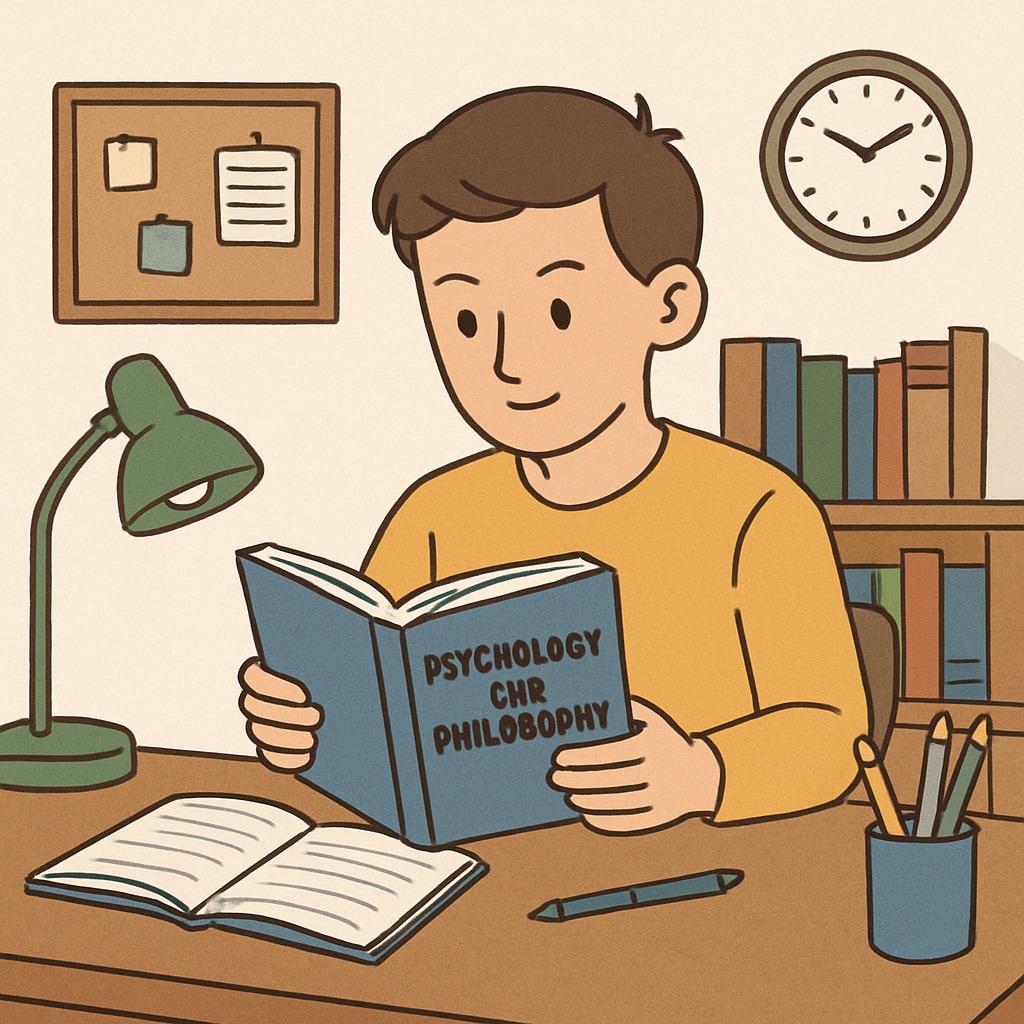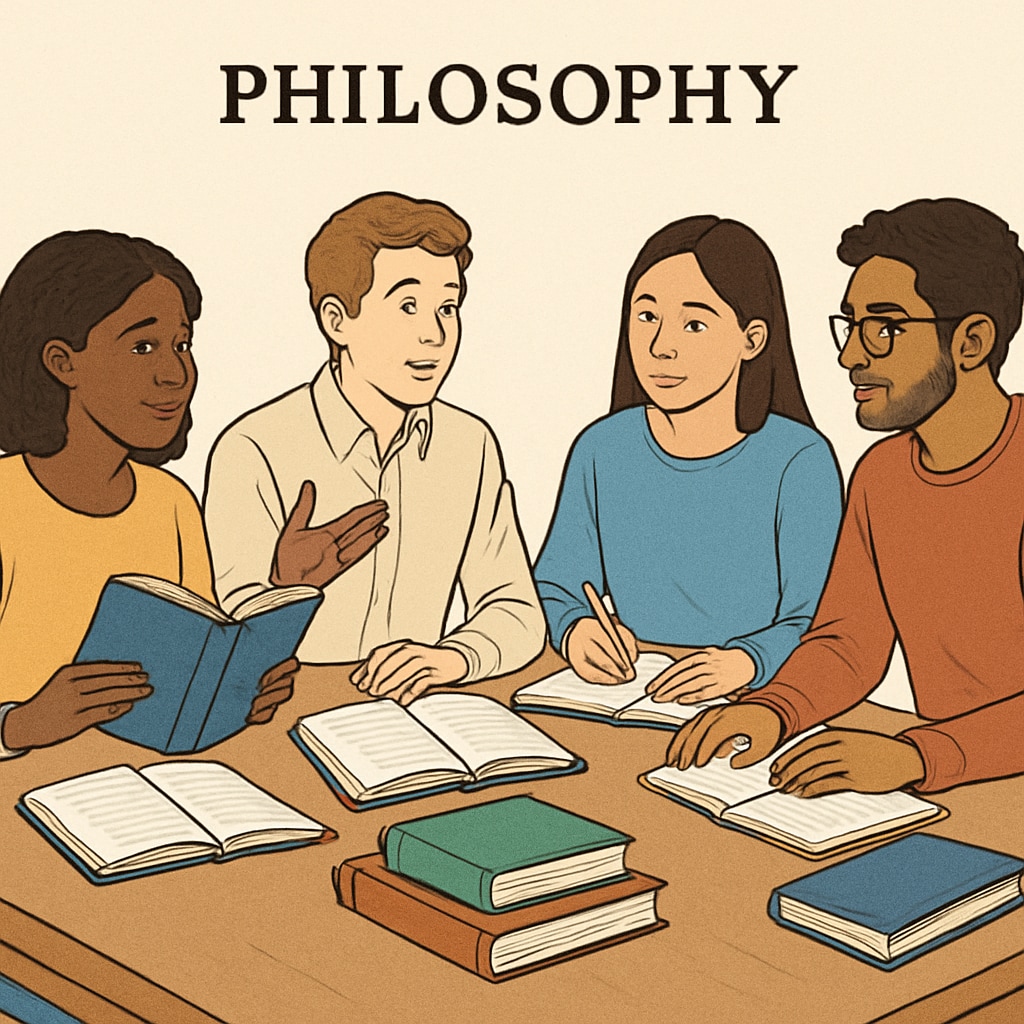Psychology, philosophy, and self-learning are essential components of intellectual growth, especially during the formative K12 education years. These subjects offer students the tools to explore the complexities of human behavior, ethics, and the nature of reality, helping them build critical thinking and problem-solving skills that are valuable across all areas of life. In this guide, we’ll explore accessible resources and techniques to introduce young learners to these disciplines outside formal academic curricula.
Why Psychology and Philosophy Matter in Early Education
Psychology helps students understand themselves and others, fostering empathy and emotional intelligence. Philosophy, on the other hand, encourages critical questioning, logical reasoning, and ethical thinking. Together, they form a foundation for lifelong learning and personal growth. For K12 students, engaging with these subjects can cultivate curiosity and broaden their perspectives.
Early exposure to these fields teaches students to ask meaningful questions, analyze information critically, and make thoughtful decisions. For example, discussing philosophical dilemmas like “What is justice?” or exploring psychological concepts such as motivation can empower students to think deeply about the world around them.

Top Resources for Self-Learning in Psychology and Philosophy
Introducing these subjects to K12 students doesn’t require expensive textbooks or formal classes. There are numerous free or affordable resources available online and offline. Below are some of the best tools and methods for self-learning:
- Books: For psychology, books like The Psychology Book: Big Ideas Simply Explained by DK are great for beginners. Philosophy can be explored through accessible works such as Sophie’s World by Jostein Gaarder.
- Podcasts: Programs like “The Psychology Podcast” and “Philosophize This!” provide engaging introductions to key ideas and thinkers in these fields.
- Online Courses: Platforms like Coursera and Khan Academy offer beginner-friendly courses on psychology and philosophy.
- Interactive Tools: Websites such as Simply Psychology and The Internet Encyclopedia of Philosophy offer accessible explanations of concepts and theories.
Encourage students to start small—reading articles, watching videos, or listening to podcasts—and gradually dive deeper into complex topics. Setting aside dedicated time for learning ensures consistent progress.

Practical Tips for Developing Self-Learning Skills
Self-learning requires discipline and curiosity, but with the right approach, students can thrive independently. Below are effective strategies for fostering self-learning habits:
- Create a Study Plan: Allocate specific times each week for exploring psychology and philosophy.
- Set Goals: Focus on learning one concept or theory at a time to avoid feeling overwhelmed.
- Use Journals: Encourage students to keep a journal where they record insights, questions, and reflections.
- Join Communities: Online forums and discussion groups can provide support and inspiration.
- Experiment with Media: Some students may prefer videos or podcasts, while others might enjoy reading or interactive activities.
By following these steps, K12 students can cultivate a habit of self-directed learning that will benefit them far beyond their school years.
Conclusion: Building a Lifelong Love for Learning
The journey into psychology and philosophy doesn’t have to wait until college. K12 students can begin exploring these subjects through self-learning, using the resources and methods outlined above. As they develop critical thinking skills and broaden their intellectual horizons, they’ll gain a deeper understanding of themselves and the world around them. Parents and educators can support this process by encouraging curiosity and providing access to quality materials.
With patience and persistence, young learners can unlock the potential of these fascinating disciplines, laying the groundwork for a lifetime of exploration and growth.


